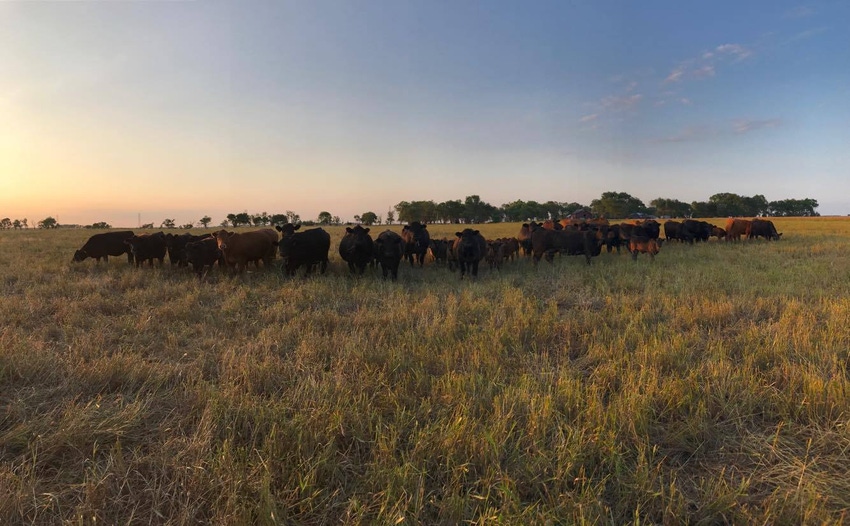The high-stress, high-pressure jobs of farmers and ranchers are leading many to depression and suicide. Here is what we need to know to prevent these deaths.
August 9, 2017

Production agriculture isn’t for the faint of heart. It takes determination, persistence, weathering through bad times, investing wisely in good times, and the patience to build a legacy through blood, sweat and tears.
There’s a great deal of risk, a scary amount of uncontrollable variables, and a few bad breaks can turn into a nightmare really quick. Knowing this, it really should come as no surprise that the rates of suicide amongst farmers and ranchers are the highest when compared to every other occupation.
Suicide is a topic that is often swept under a rug; however, it’s an issue that impacts small rural communities with great frequency.
According to the Huffington Post, “The exact numbers for farmer suicides is difficult to determine because farmer deaths are often reported as hunting, equipment or farming accidents instead of suicides. Access to highly lethal means — firearms, poisons, machinery — result in a large proportion of fatal suicide attempts. There are stories of farmers jumping to their deaths from the top of silos, hanging themselves in wells or deliberately falling into harvesters.”
READ: Feeling blue? Eat beef to boost your mood
The Post explains that the high-stress profession of production agriculture is riddled with “financial pressures, livestock disease, poor harvests and devastating government policies.”
Combine all that with worries about aging parents, the stress of transitioning the ranch, skyrocketing health care prices (and praying you just stay healthy), increased input costs, bloated land rental rates and living in an isolated, rural area away from helpful resources, and it’s the perfect storm for depression, frustration, doubt and a sense of hopelessness to creep in.
An excerpt from the article reads, “Stigma and lack of education about depression are the main culprits of farmer suicides. Farmers tend to adhere to the stereotypical image of the self-reliant, tough farmer who doesn’t complain. A farmer who complains of being depressed will usually be labelled crazy, whiner or wimp by fellow farmers. Instead of talking about his depression, a farmer might say, ‘I’m just tired, worn out.’ Ignoring or hiding depression is not the way to deal with depression.”
The topic of depression and suicide was recently discussed at Minnesota’s Farmfest. As reported by Don Davis for Forum News Service, “Bob Worth barely kept his composure as he revealed two close friends, both fellow farmers, recently committed suicide. They killed themselves over agriculture stresses, he said, speaking as part of a panel discussion about challenges of farming.”
Davis added, “The panel of experts painted a bleak picture of farming, with prices low and costs of inputs such as seed and fertilizer high.”
Whether you raise row crops or cattle, nobody is immune from facing the ups and downs of production agriculture. The panel advised folks to maintain a frugal lifestyle — using old equipment, renting instead of buying and to keep the lines of communication open with family members, bankers, lawyers and other business professionals.
While this is a tough topic with plenty of stigma around it, losing even one farmer or rancher to suicide is one too many. Need help? In the U.S., call 1-800-273-8255 for the National Suicide Prevention Lifeline.
The opinions of Amanda Radke are not necessarily those of beefmagazine.com or Penton Agriculture.
About the Author(s)
You May Also Like



.png?width=300&auto=webp&quality=80&disable=upscale)
.png?width=300&auto=webp&quality=80&disable=upscale)
